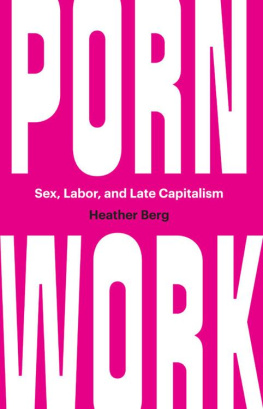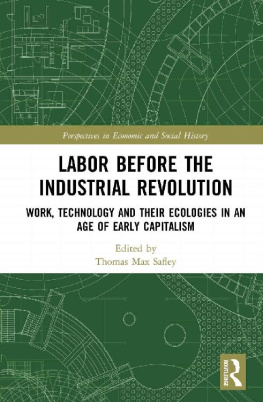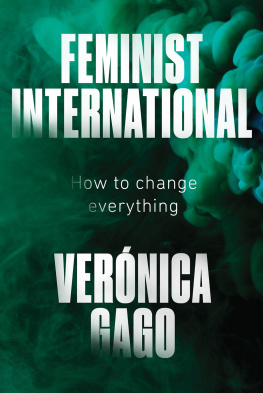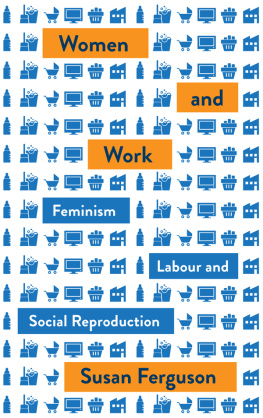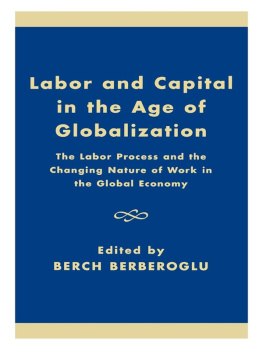Praise for Revolution at Point Zero
Finally, we have a volume that collects the many essays that Silvia Federici has written on the question of social reproduction and womens struggles on this terrain over a period of four decades. While providing a powerful history of the changes in the organization reproductive labor, Revolution at Point Zero documents the development of Federicis thought on some of the most important questions of our time: globalization, gender relations, the construction of new commons.
Mariarosa Dalla Costa, coauthor of The Power of Women and the Subversion of the Community and Our Mother Ocean
As the academy colonizes and tames womens studies, Silvia Federici speaks the experience of a generation of women for whom politics was raw, passionately lived, often in the shadow of an uncritical Marxism. She spells out the subtle violence of housework and sexual servicing, the futility of equating waged work with emancipation, and the ongoing invisibility of womens reproductive labors. Under neoliberal globalization womens exploitation intensifiesin land enclosures, in forced migration, in the crisis of elder care. With ecofeminist thinkers and activists, Federici argues that protecting the means of subsistence now becomes the key terrain of struggle, and she calls on women North and South to join hands in building new commons.
Ariel Salleh, author of Ecofeminism as Politics: Nature, Marx, and the Postmodern
The zero point of revolution is where new social relations first burst forth, from which countless waves ripple outward into other domains. For over thirty years, Silvia Federici has fiercely argued that this zero point cannot have any other location but the sphere of reproduction. It is here that we encounter the most promising battlefield between an outside to capital and a capital that cannot abide by any outsides. This timely collection of her essays reminds us that the shape and form of any revolution are decided in the daily realities and social construction of sex, care, food, love, and health. Women inhabit this zero point neither by choice nor by nature, but simply because they carry the burden of reproduction in a disproportionate manner. Their struggle to take control of this labor is everybodys struggle, just as capitals commodification of their demands is everybodys commodification.
Massimo De Angelis, author of The Beginning of History: Values, Struggles, and Global Capital
In her unfailing generosity of mind, Silvia Federici has offered us yet another brilliant and groundbreaking reflection on how capitalism naturalizes the exploitation of every aspect of womens productive and reproductive life. Federici theorizes convincingly that, whether in the domestic or public sphere, capital normalizes womens labor as housework worthy of no economic compensation or social recognition. Such economic and social normalization of capitalist exploitation of women underlies the gender-based violence produced by the neoliberal wars that are ravaging communities around the world, especially in Africa. The intent of such wars is to keep women off the communal lands they care for, while transforming them into refugees in nation-states weakened by the negative effects of neoliberalism. Silvia Federicis call for ecofemi-nists return to the Commons against Capital is compelling. Revolution at Point Zero is a timely release and a must read for scholars and activists concerned with the condition of women around the world.
Ousseina D. Alidou, Committee for Academic Freedom in Africa (CAFA), Director of the Center for African Studies at Rutgers University and author of Engaging Modernity: Muslim Women and the Politics of Agency in Postcolonial Niger

Revolution at Point Zero: Housework, Reproduction, and Feminist Struggle Silvia Federici
2012 Silvia Federici
This edition 2012 PM Press

This work is licensed under the Creative Commons Attribution-NonCommercial-ShareAlike 3.0 Unported License. To view a copy of this license, visit http://creativecommons.org/licenses/by-nc-sa/3.0/
ISBN: 978-1-60486-333-8
LCCN: 2011939663
Cover and interior design: Antumbra Design/antumbradesign.org
10 9 8 7 6 5 4 3 2 1
| PM Press | Common Notions |
| PO Box 23912 | Brooklyn, NY |
| Oakland, CA 94623 | www.commonnotions.org |
| www.pmpress.org |
Autonomedia
PO Box 568 Williamsburgh Station
Brooklyn, NY 11211-0568
www.autonomedia.org
Printed in the USA on recycled paper by the Employee Owners of ThomsonShore in Dexter, Michigan. www.thomsonshore.com
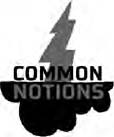
C ommon Notions is an imprint that circulates both enduring and timely formulations of autonomy at the heart of movements beyond capitalism. The series traces a constellation of historical, critical, and visionary meditations on the organization of both domination and its refusal. Inspired by various traditions of autonomism in the United States and around the world, Common Notions aims to provide tools of militant research in our collective reading of struggles past, present, and to come.
Series Editor: Malav Kanuga
In the Common Notions series
Selma James, Sex, Race, and ClassThe Perspective of Winning: A Selection of Writings 1952-2011
Silvia Federici, Revolution at Point Zero: Housework, Reproduction, and Feminist Struggle
George Caffentzis, In Letters of Blood and Fire: Work, Machines, and Value in the Bad Infinity of Capitalism
ACKNOWLEDGMENTS
Political ideas come from movements but their journey to a book requires the work of many individuals. Among the people who have made this book possible I wish to thank two in particular, for their contribution to this project and the creativity and generosity of their political activism: Malav Kanuga, the editor of the Common Notions Series, who encouraged me to publish this work and assisted me through this process with enthusiasm and excellent advise; and Josh MacPhee whose design for the book cover is one more example of the power of his art and his conception of images as seeds of change.
I also want to thank Nawal El Saadawi, feminist, writer, revolutionary, whose work Woman at Point Zero has inspired the title of this book and much more.
Revolution at Point Zero is about the transformation of our everyday life and the creation of new forms of solidarity. In this spirit, I dedicate this book to Dara Greenwald who through her art, her political activism, and her fight against cancer brought into existence a community of care concretely embodying that healing island Dara constructed during her disease.
Wages against Housework was first published as Wages against Housework (Bristol: Falling Wall Press, 1975). Also published in The Politics of Housework, ed. Ellen Malos (Cheltenham: New Clarion Press, 1980) and Dear Sisters: Dispatches from the Womens Liberation Movement, eds. Rosalyn Baxandall and Linda Gordon (New York: Basic Books, 2000).
Why Sexuality Is Work (1975) was originally written as part of a presentation to the second international Wages for Housework conference held in Toronto in January 1975.
Counterplanning from the Kitchen was first published as Counterplanningfrom the Kitchen
Next page





